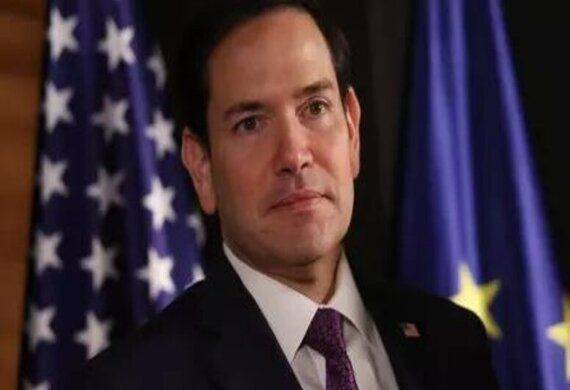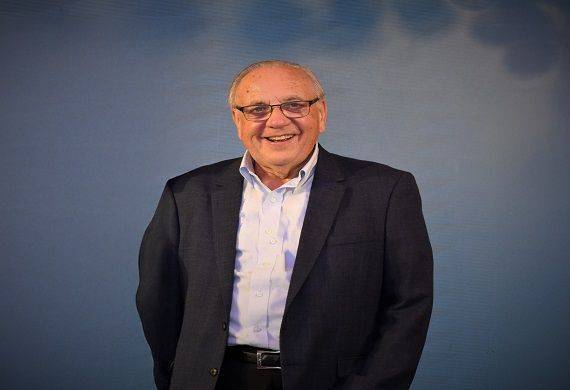Marco Rubio Backs US Stance Sparing China, Europe on Russian Oil Purchases
By Global Leaders Insights Team | Aug 18, 2025

US State Secretary Marco Rubio warned Monday of potential energy price increases if the US imposes secondary sanctions on China for processing Russian oil.
The US secretary was asked, "Does Europe still buy Russian oil?"
"Well, if you look at the oil that goes to China and is refined, a large portion of it is then sold back into Europe. Europeans continue to buy natural gas. Now, some countries are attempting to wean themselves off it, but Europe can do more with its own sanctions," Rubio said in an interview.
Key Highlights
- Rubio defends U.S. sparing China and Europe from oil sanctions, warning of global energy price surge.
- Secondary sanctions on Russian oil buyers could provoke destabilizing spike in energy costs, Rubio cautions.
The statement comes amid concerns about the US's selective approach, which includes imposing a 25% additional tariff on India (bringing the total to 50%) for Russian oil purchases while taking no comparable measures against China.
Rubio was also asked about Europe's sanctions for continuing to purchase Russian oil. "Wouldn't that be a major lever to use to impose sanctions on Europe or punish it for continuing to buy Russian oil and gas? "Is that something on the table?" asked Fox News' 'Sunday Morning Futures' host Maria Bartiromo.
In response, Rubio said, "Well, I'm not sure about Europe directly, but there are certainly implications to secondary sanctions. If you impose secondary sanctions on a country, let's say you target Russian oil sales to China. China just refines the oil. That oil is then sold in the global marketplace, and anyone who buys it will pay more for it or, if it does not exist, will have to find another source for it," Rubio explained further during the interview.
"So, when you talk about the Senate bill that was being proposed, which included 100 percent tariffs on China and India, we did hear from a number of European countries--not in press releases, but from them--about their concerns about what that might mean. But look, I don't want to get into a tit for tat with Europeans about this," he continued.
China currently leads Russian oil purchases with approximately 2 million barrels per day, followed by India and Turkey.
The sanctions debate has resurfaced following Trump's historic meeting with Russian President Vladimir Putin in Alaska on August 15. Despite the fact that the summit did not result in a cease-fire agreement for Ukraine, Trump praised the talks, giving them a "10 out of 10."
Previously, the US president suggested that India-targeted tariffs on Russian oil purchases influenced Moscow's decision to engage in dialogue with Washington, citing Russia's loss of its "second largest customer".
Also Read: PM Modi's Message Amid Escalating Tariff Dispute With US
In a Fox News interview on Thursday, Trump stated, "I think everything has an impact," adding that informing India that "we're going to charge you, because you're dealing with Russia and oil purchases," "essentially took them out of buying oil from Russia."
However, despite US presidential tariff threats, India recently confirmed that it will continue to purchase Russian oil, citing economic factors.


